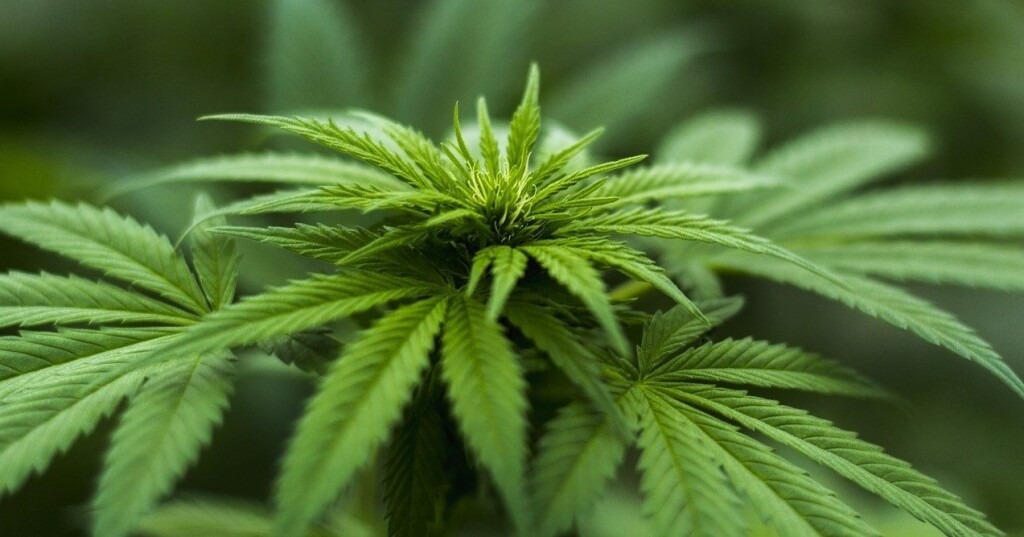
Introduction
Since 15 December 2020, following a notification of the Thai Ministry of Public Health, specific parts or extracts of cannabis and hemp are permitted to be used in specified quantities as additives. Since 29 January 2021, following a Ministerial Regulation, government agencies, private individuals and private juristic entities have been permitted to exploit hemp for the benefit of a government agency project, for commercial benefit, industrial benefit, or medical benefit. (LINK to our previous publication).
Applying for a license
To apply for a license to cultivate narcotics category 5 hemp, the applicant must possess the qualifications listed below. The applicant must also submit documents containing the following information to support the application. The application must be made on Hemp Form 1 and submitted to the Narcotics Control Division of the Office of the Thai FDA, if the cultivation is in Bangkok or the Provincial Public Health office if the cultivation area is located in other provinces.
- The applicant must be a Thai national at least 20 years of age, not insane or incompetent or deemed incompetent (if the applicant is a natural person) and be resident in Thailand.
- Licenses issued under the law governing narcotics or psychotropic substances which had been granted to the applicant must not have be suspended or revoked.
- The applicant must not have been adjudicated as bankrupt or be adjudicated as an offender by a final judgement of a court under the laws governing narcotics or psychotropic substances or laws governing the prevention of use of volatile substances or laws dealing with suppression measures in relation to narcotics offences.
- If an applicant is a juristic entity, it must be incorporated under Thai law, with a registered office in Thailand, having a representative possessing the qualifications listed in items 1)-3) above. At least two-thirds of its board members, partners or shareholders must be Thai nationals.
- An applicant can be a community enterprise formed by seven (7) members and registered under the Community Enterprise Act B.E. 2548 (2005) having the same qualifications as a natural person.
- The applicant must submit the following documents and information:
- Documents to evidence ownership over the place for cultivation or the right to occupy the place for cultivation, as well as details in relation to such place as required under the Thai FDA Notification and the application form (Hemp Form 1).
- Map showing the location, coordinates, and route to access the hemp cultivation area, size and explicit boundary of the cultivation area and surrounding area.
- Conditions of the cultivation place, i.e., indoor cultivation, outdoor cultivation, or greenhouse cultivation.
- Floor plan of the building or cultivation house and photos of the inside and outside of the cultivation house.
- Plans for cultivation and exploitation of hemp.
- Safety management measures and method to destroy parts of hemp remaining from the exploitation, including suitable storage places to avoid mixing with other matter.
- Identify who, once the license for cultivation of hemp has been obtained, will be assigned (in writing) by the applicant to access the hemp cultivation area, including a list of people who are responsible for controlling activities in the cultivation area, e.g., steps for planting, harvesting, transporting or destroying hemp.
- How other conditions for cultivation of hemp as set forth under the notification of the Narcotics Control Committee will be met, e.g. compliance with agricultural measures if the cultivation of hemp is for medial purpose or health products.
Process:
An applicant who obtains a license for cultivation of hemp must ensure that the hemp does not contain more than 1% of tetrahydrocannabinol (THC) examined at the point of the hemp inflorescence (The buds of the cannabis plant). The details required as listed above must be clearly indicated when submitting the application. Generally, the process for requesting for a license for cultivation of hemp may take around 120 – 135 days. If the cultivation area is in Bangkok, the applicant shall submit the application along with the prospectus to the Thai FDA. A sub-committee of the board of directors may propose recommendations or opinions (if any) and must obtain approval from the Thai FDA board of directors and the Secretary-General. If the cultivation area is outside Bangkok, the applicant shall submit an application along with a prospectus to the local public health office. The office will review the application and the cultivation area before submitting the application to the FDA. The provincial committee may propose recommendations and opinions (if any).
Obligations:
Within the first five years after the Ministerial Regulation becomes effective (29 January 2021 to 28 January 2026), the cultivation of hemp without using certified seeds is permissible if such hemp production is for i) government operations; ii) for commercial and industrial benefit; and iii) medical benefit. The license holder may also import hemp seeds that are uncertified for the purposes of education, analytics, research, seed development or medical purposes.
The applicants, who are permitted to cultivate hemp, shall also comply with the obligations set forth under the relevant Ministerial Regulations and Notifications. For instance:
i) arrange a signboard at the cultivation place specifying that such place is utilized a cultivation place together with the license number, name of the license holder and the expiration date of the license;
ii) arrange for analysis of the level of THC in the hemp, unless if using certified hemp seeds for cultivation for the benefit of a household. If the THC in question exceeds the permitted level, the applicants, who are permitted to cultivate hemp must notify the authority in the area where the hemp cultivation is permitted within seven (7) days from the date of knowing of such result and inform the authority of their intent in writing in order to either destroy such hemp containing an excess of THC or sell the inflorescence of such hemp to a license holder who is permitted to possess narcotics category 5 cannabis. In the latter case a license to sell narcotics category 5 hemp must also be applied for and obtained.
iii) prepare labels and information leaflets for the packaging of the hemp as set forth by the Narcotics Control Committee.
iv) arrange and prepare a place for cultivating the hemp in accordance with the relevant notifications, as well as meeting the obligation to only cultivate hemp within the permitted place; and
v) comply with the cultivation plan and the objectives as permitted. If more than ten (10) kilograms of narcotics category 5 hemp is cultivated it shall be presumed that the hemp is being
produced for sale. In this case it is necessary to apply for and obtain a license for the production and sale of the hemp as required under the Narcotics Act. Failure to obtain licenses for such activities may result in the offender being subject to a term of imprisonment of one (1) to fifteen (15) years and a fine of THB 100,000 to THB 1,500,000.
Extension of license:
An application to extend the license for cultivation of hemp must be submitted before its expiration date along with the relevant documents, e.g., current license, data, documents, or any other evidence as stipulated under the license extension form. In relation to the cultivation of cannabis, the only guidelines that are currently available are those which have been issued by the Narcotics Control Division of the FDA of the Ministry of Public Health. These detail the required conditions and application process. However, currently there are no regulations supporting these conditions and application process.
Further information:
• The Notification of Ministry of Public Health Re: Narcotics under Category 5 B.E.2563 (2020), issued under the Thai Narcotics Act B.E. 2522 (1976) (the “Narcotics Act”), effective on 15 December 2020, permits specific parts or extracts of cannabis and hemp in specified quantities to be used as additives.
• The Ministerial Regulation on Applying and Permission for Manufacturing, Importing, Exporting, Sales or Possession of Narcotics Category 5 [specifically on] Hemp, B.E. 2563 (A.D. 2020), issued by the Ministry of Public Health under the Thai Narcotics Act, effective on 29 January 2021 (the “Ministerial Regulation”), permits government agencies, private individuals and private juristic entities to exploit hemp for the benefit of a government agency project, for commercial benefit, industrial or medical benefit.
• The Notifications of the Office of Food and Drug Administration Re: Forms and Types of Licenses for Production, Sales, Possession, Import and Export of Narcotics Category 5 (Hemp) B.E. 2564 (2021) (the “Thai FDA Notification”), states the qualifications and documents required of applicants.
• The Notification of the Narcotics Control Committee Re: Determining Measures and Cultivation Control System of Hemp B.E. 2564 (2021) and the Notification of the Narcotics Control Committee Re: How to Deal with the Narcotics Category 5 Hemp Containing Unpermitted Quantity of THC, issued on 20 January 2021, effective on 29 January 2021 applies where the level of THC is too high.
If you require further information on the issues raise above, please contact the authors below.
|
|
|
|

Thanachart Osathanondh
|
![]()
Chandler MHM Limited
36th Floor, Sathorn Square, Office Tower, 98 North Sathorn Road , Silom, Bangrak, Bangkok 10500 , Thailand.
www.chandlermhm.com






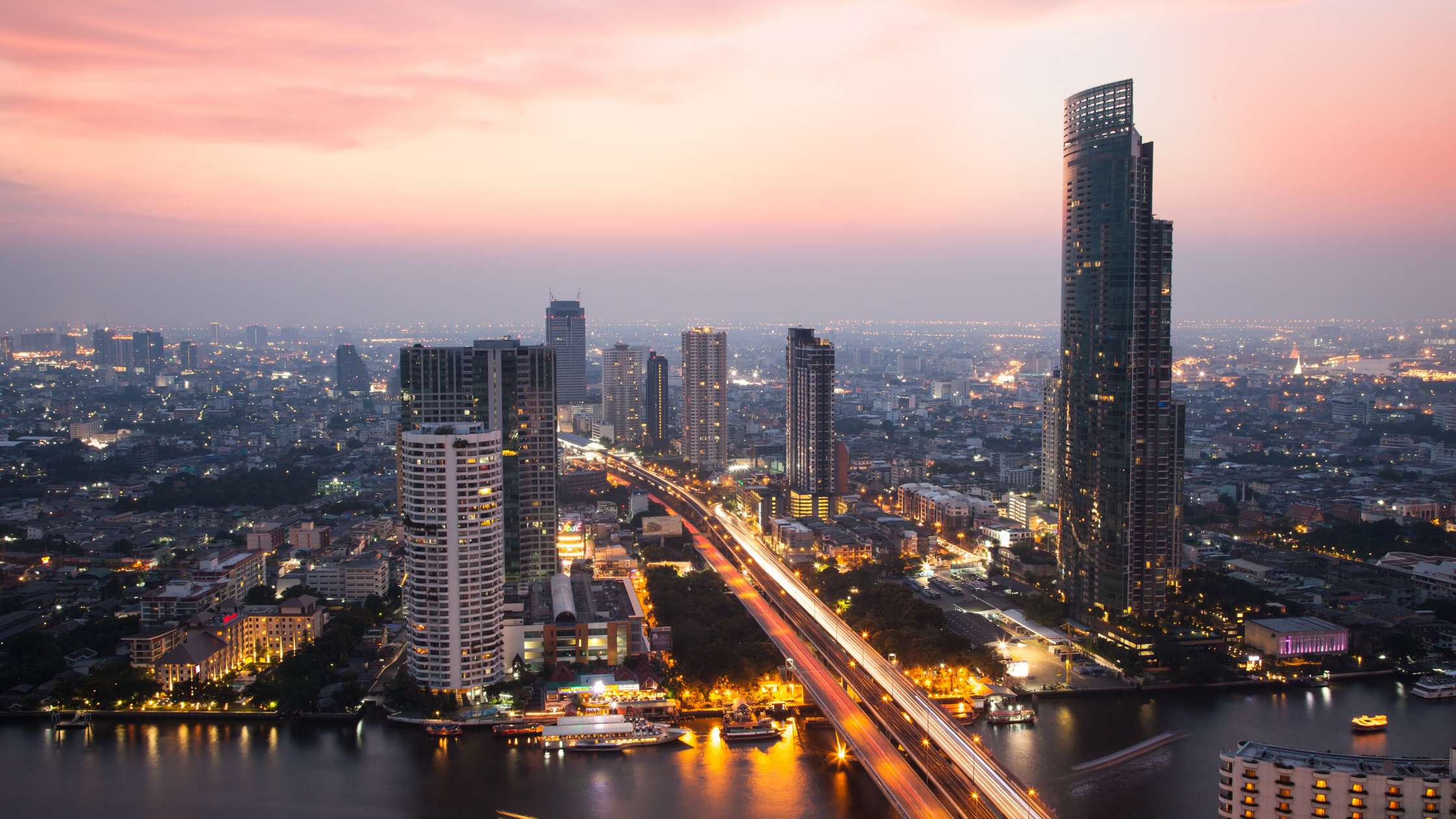

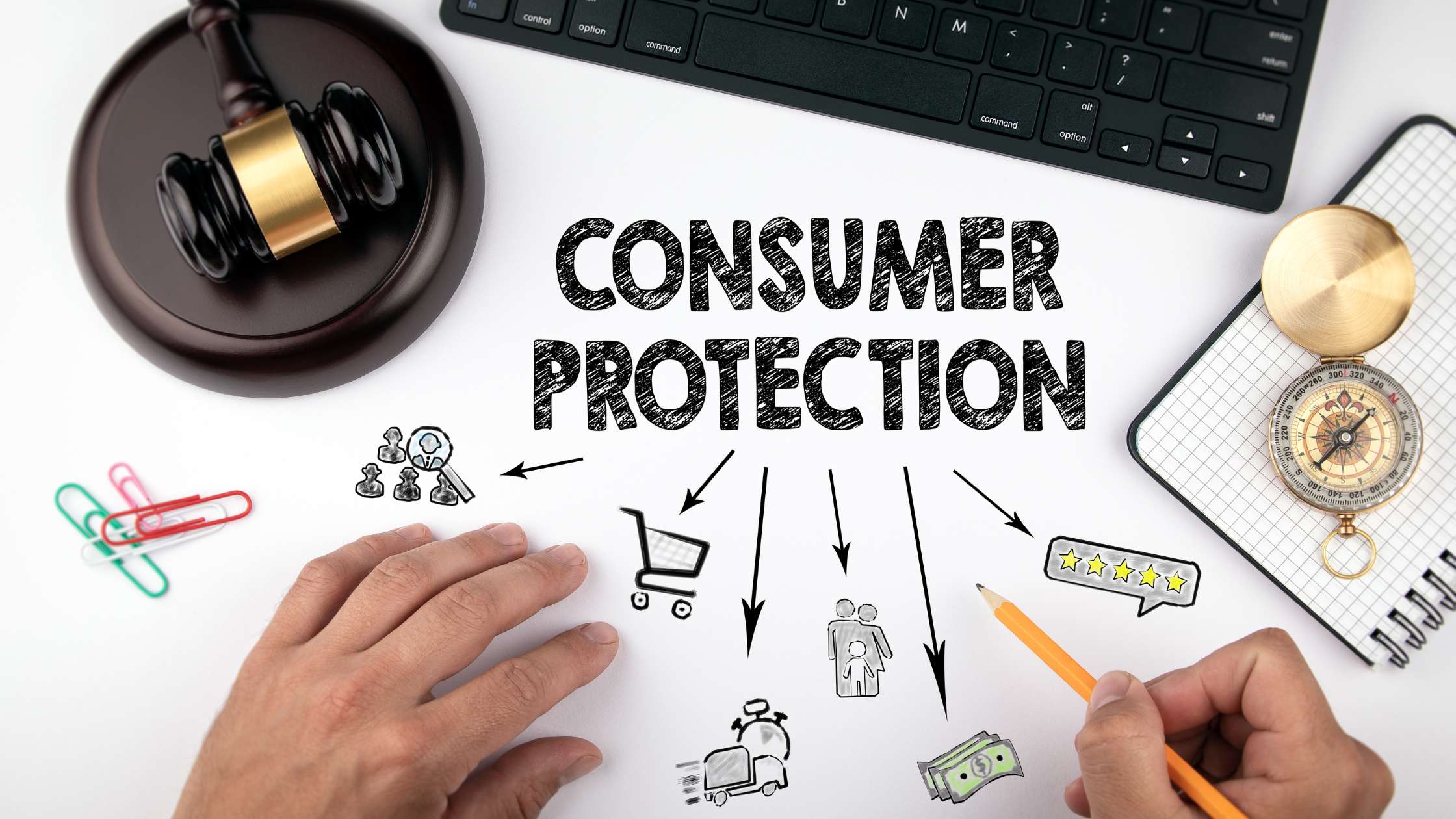
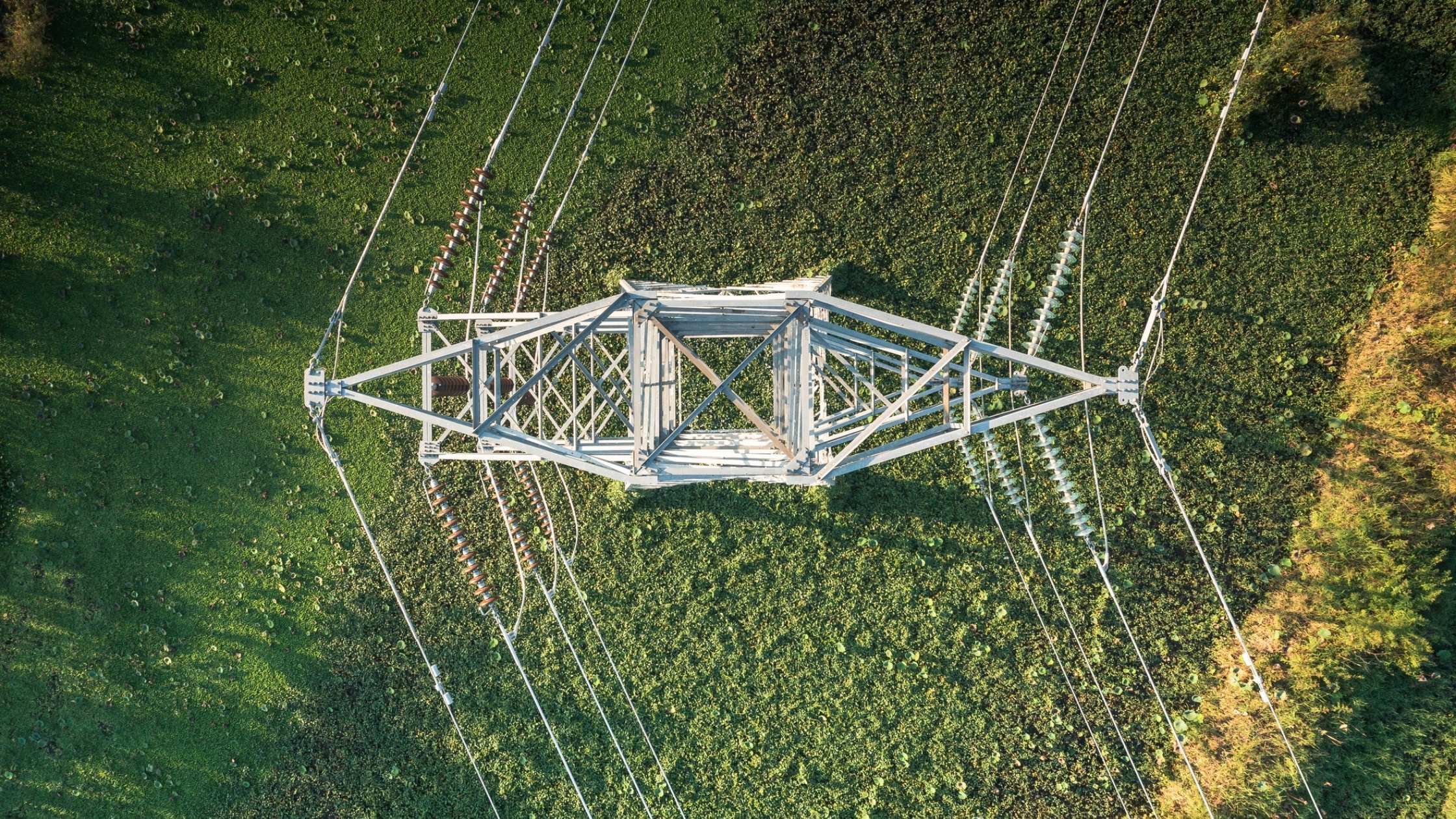



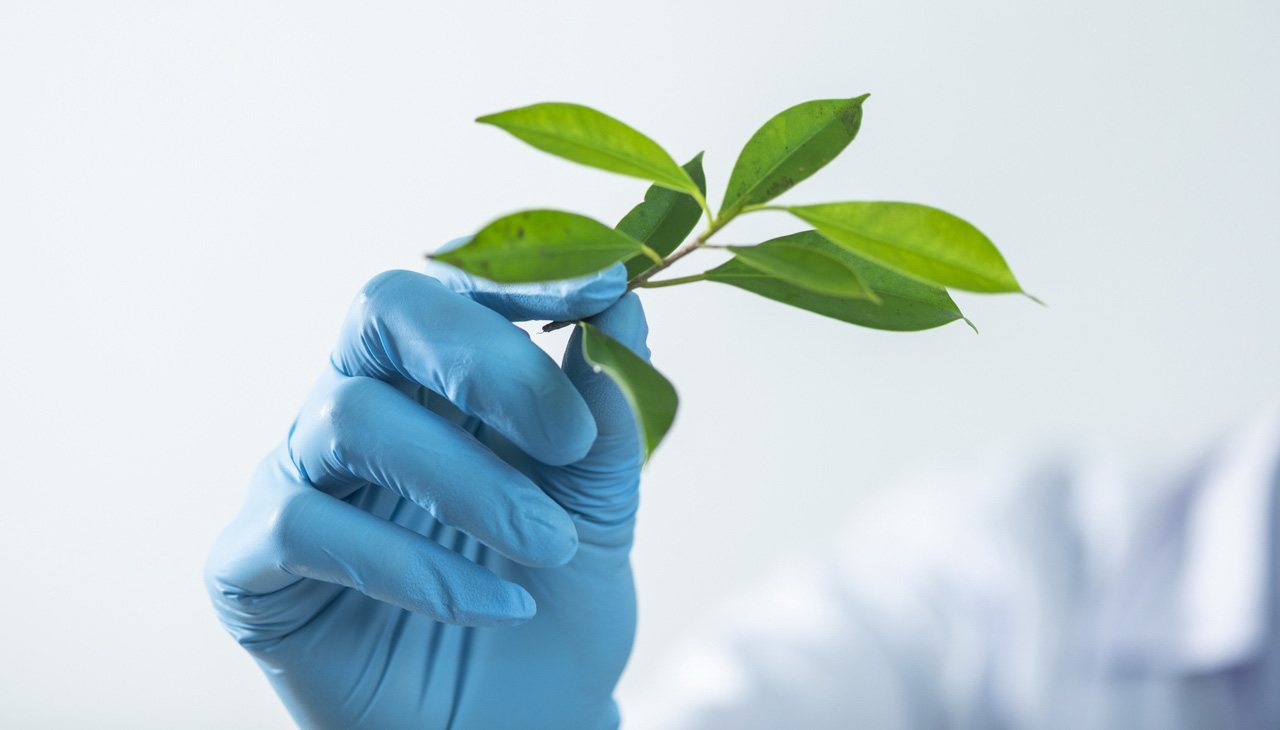


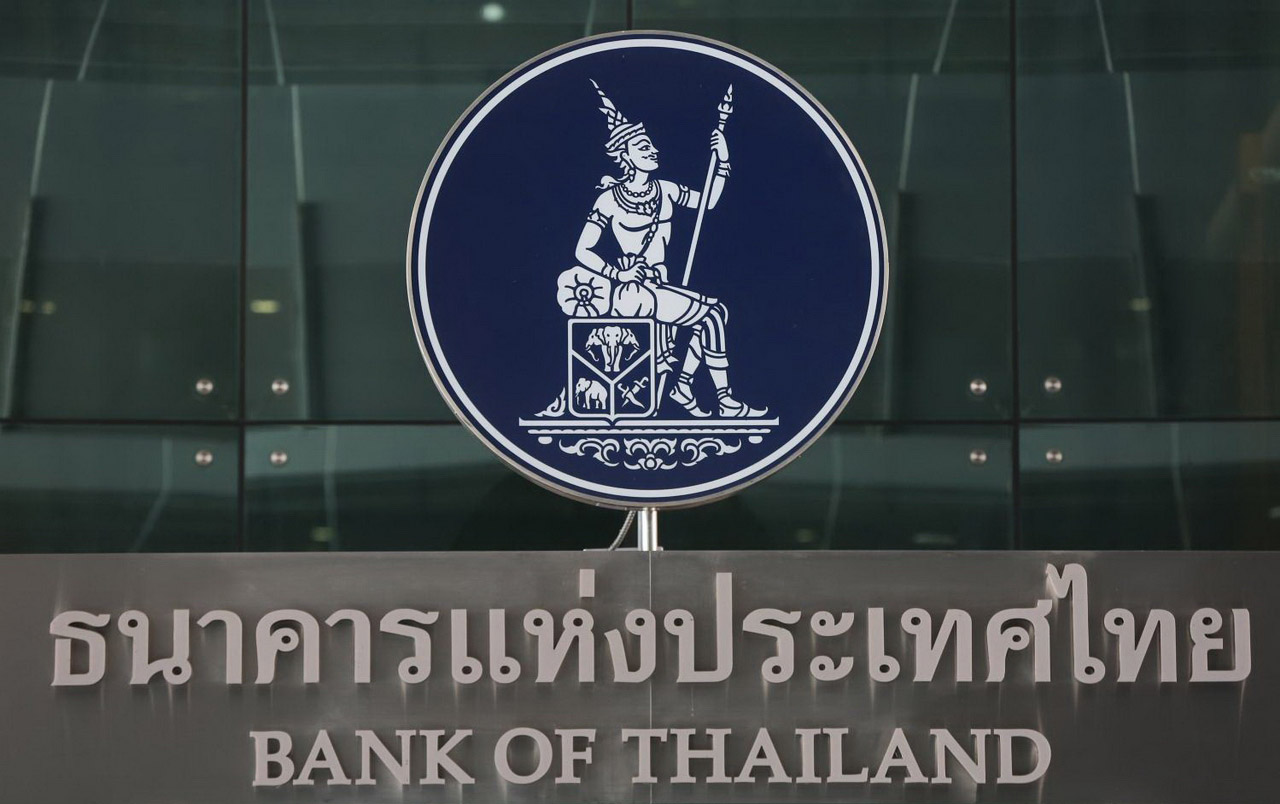


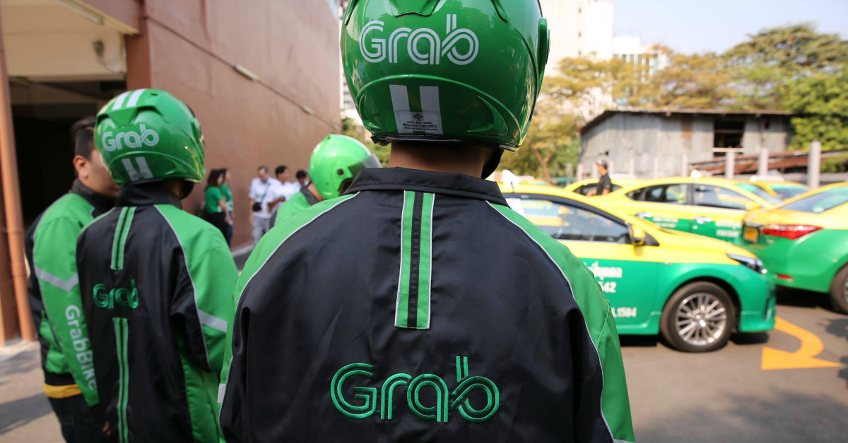
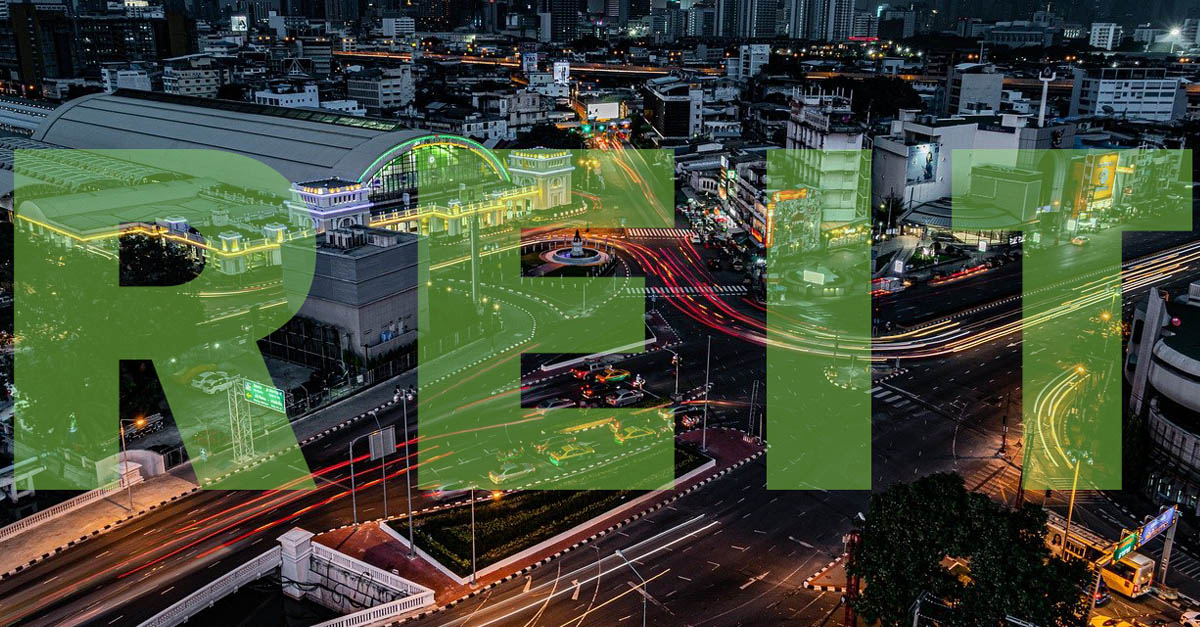











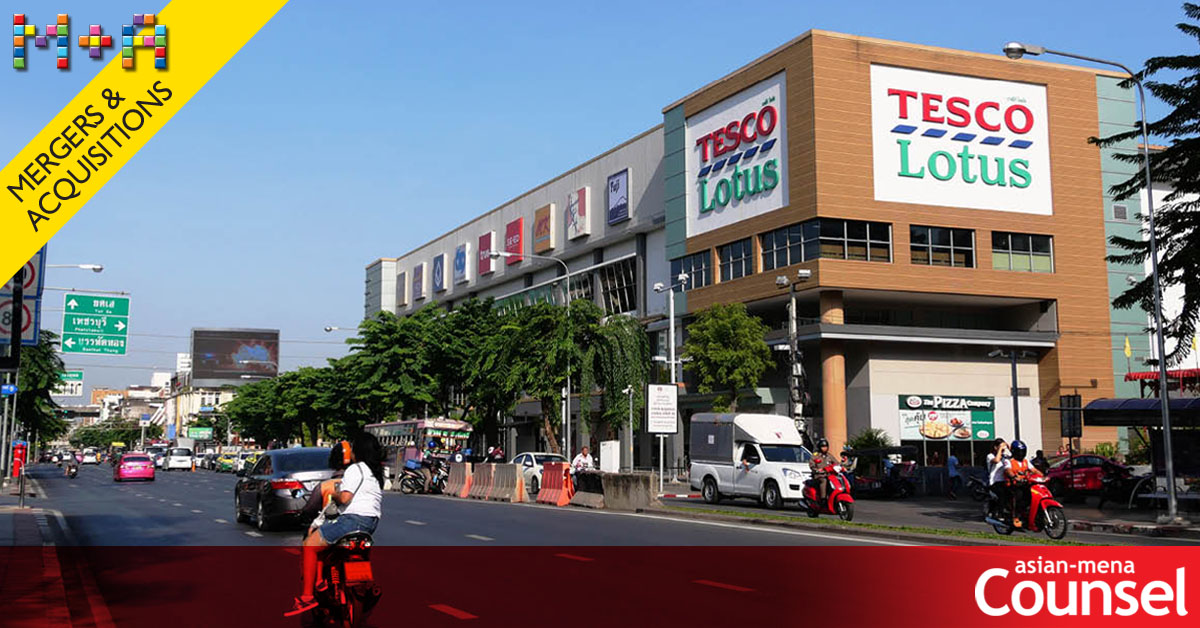
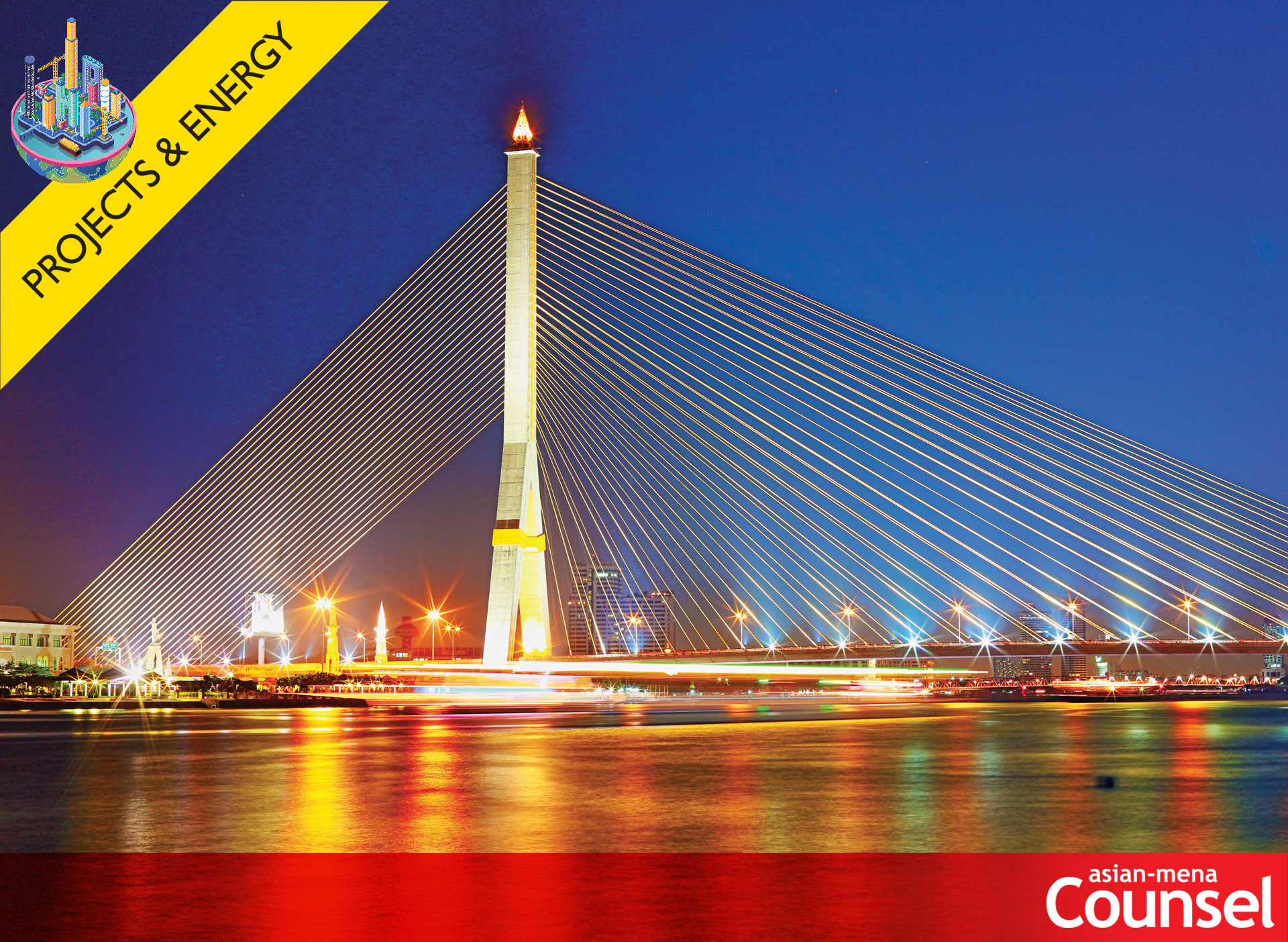
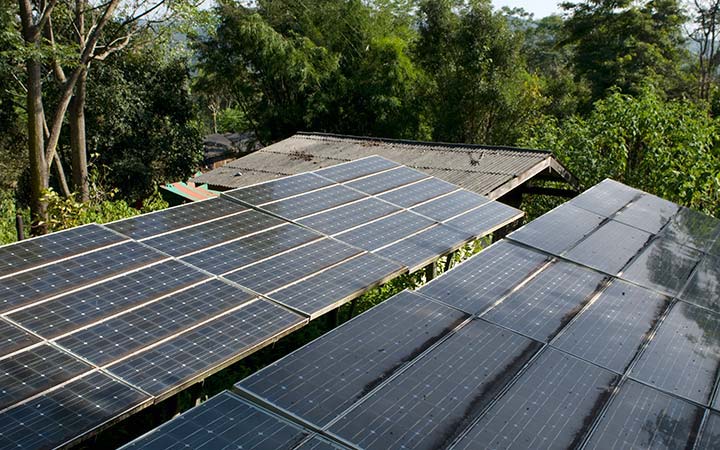



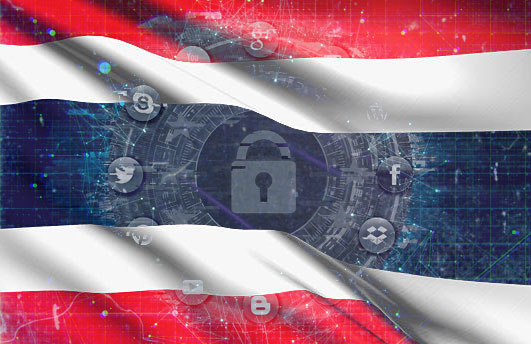

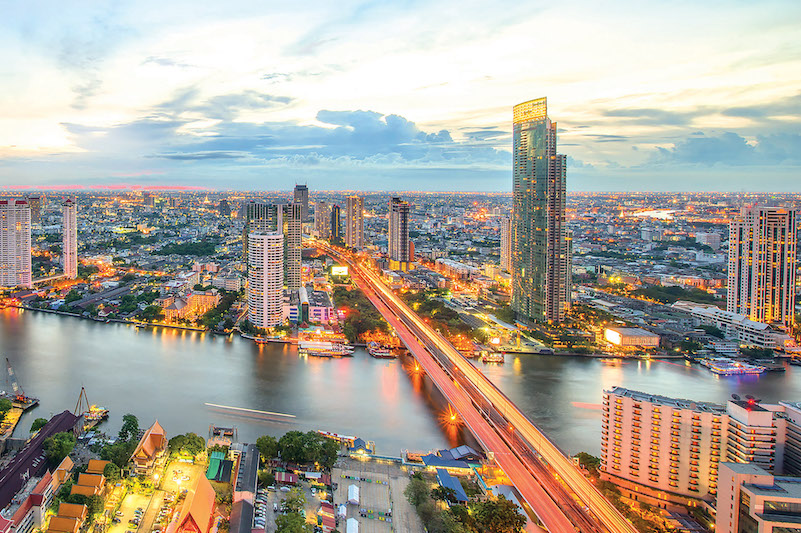
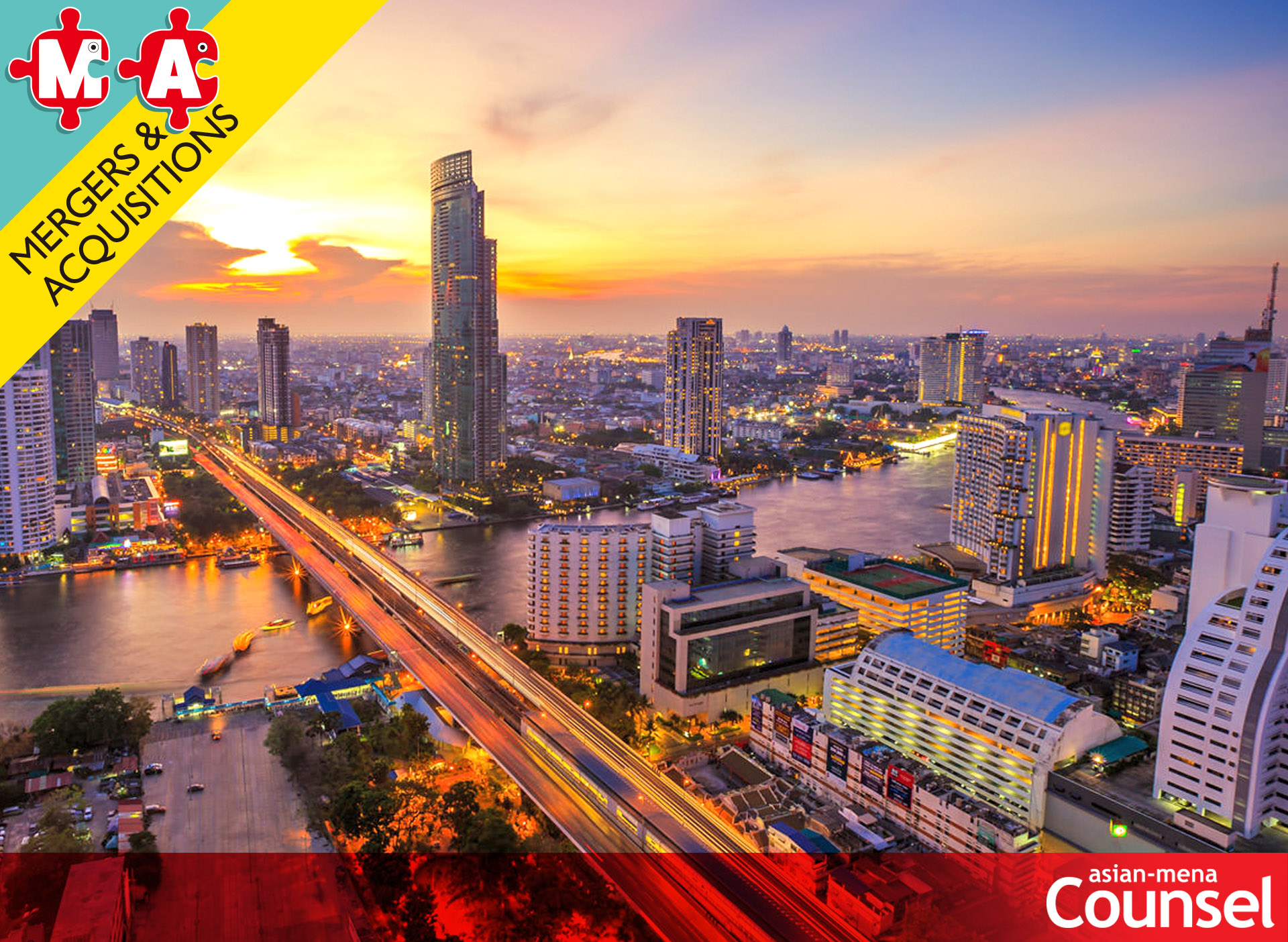
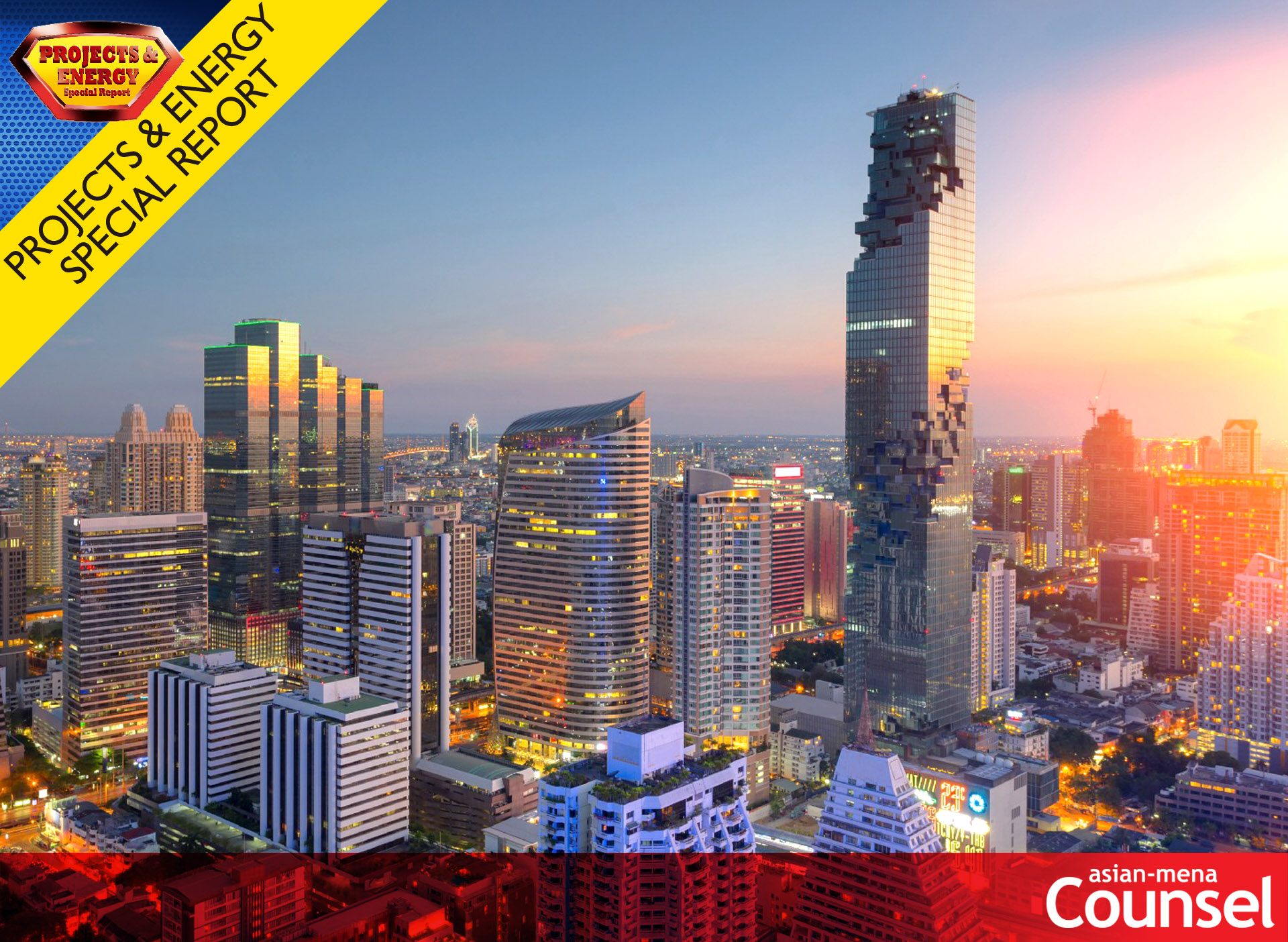


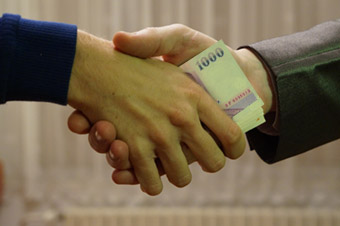














 Chandler MHM Limited
Chandler MHM Limited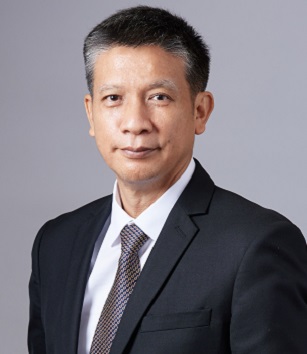 Jessada Sawatdipong
Jessada Sawatdipong







